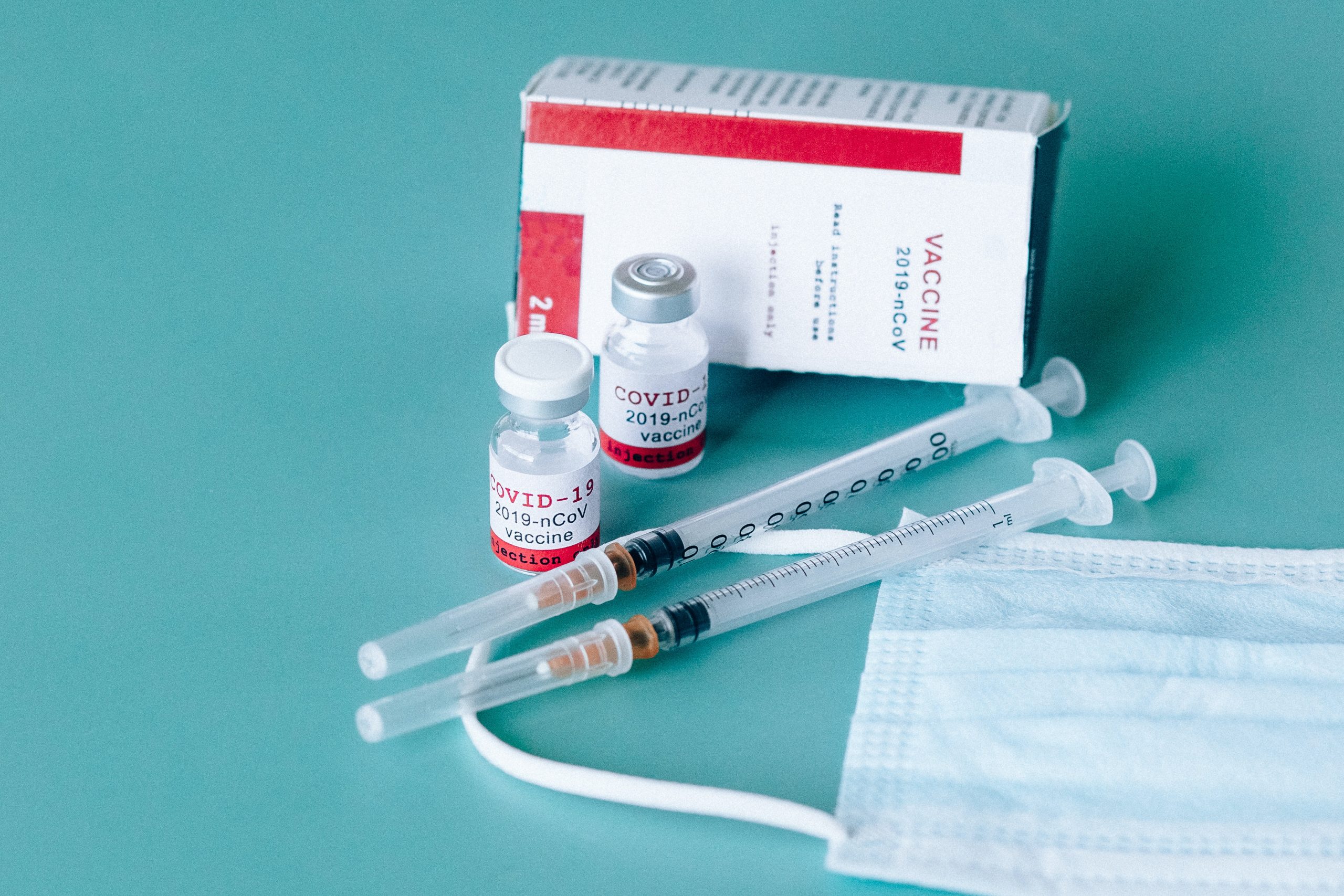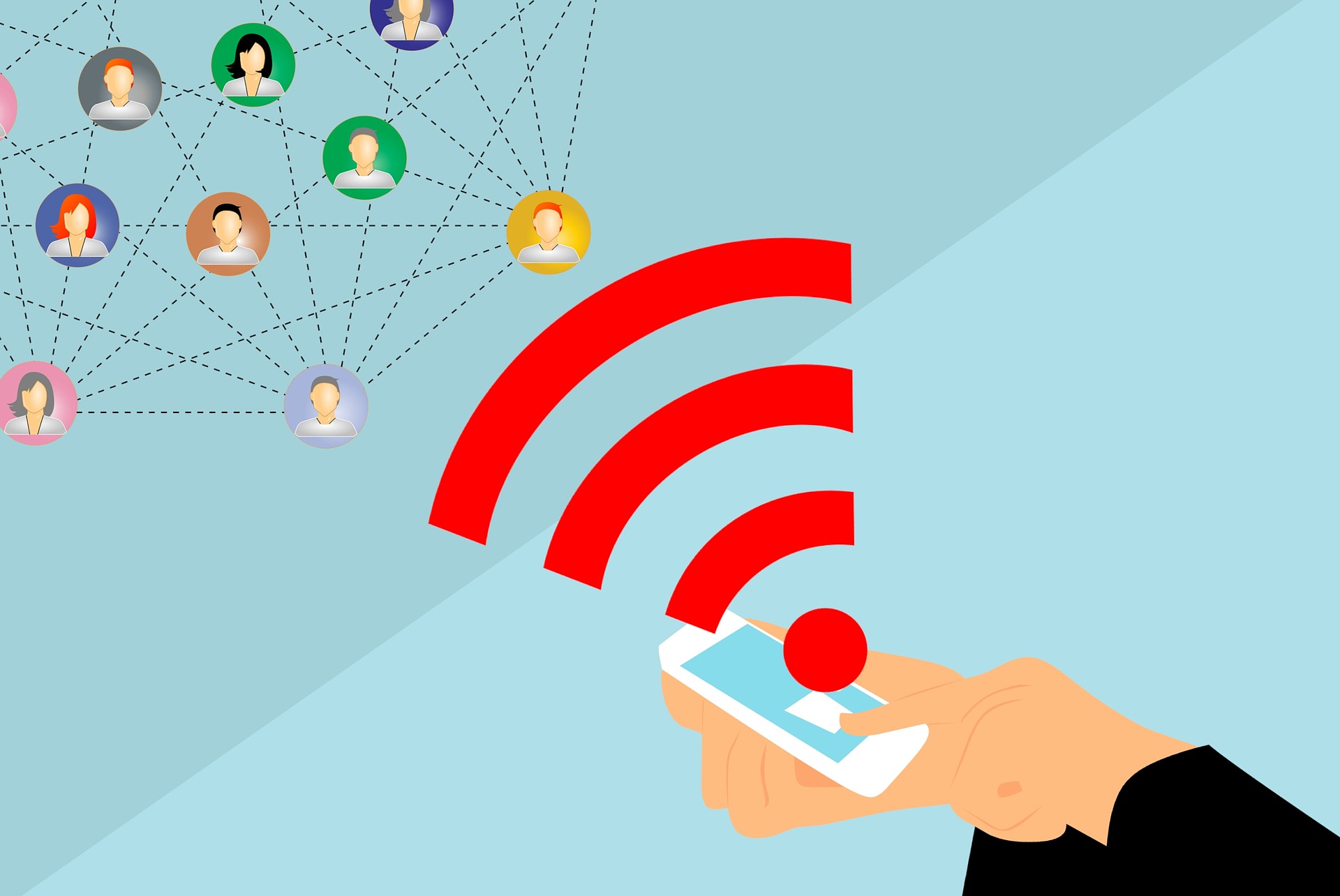Board Certified healthcare attorney David Davidson addresses the evolving COVID-19 hospital visitor dilemma when it comes to spiritual care.
Continue readingStrategies for Successful Implementation of Mandatory Vaccine Policy for Your Workforce (Part 1)
Read an article by Board Certified Healthcare Lawyer Karen Davila on mandatory vaccination policies in healthcare businesses.
Continue readingHHS to send $20B to healthcare providers: 5 things to know
 By: Zach Simpson
By: Zach Simpson
HHS announced Oct. 1 that it is sending $20 billion in new funding to healthcare providers to help offset financial strain linked to the COVID-19 pandemic.
Five things to know:
1. Healthcare providers who previously received, rejected or accepted provider relief payments are eligible for the new funding.
2. Providers who were previously ineligible to receive relief funds, such as those who began practicing in 2020, can apply for a portion of the new relief aid.
Cold and Flu Season During a Pandemic
Florida and New York healthcare attorney Dean Viskovich explains the changes labs are making to add in respiratory pathogens to flu testing.
Continue readingHealthcare App Data Sharing – Do’s and Don’ts
 By: Steven Boyne
By: Steven Boyne
I recently wrote an article titled The Top Five Legal Concerns When Developing a Healthcare App, and I received some follow up questions, including technical queries about encryption and data sharing. To answer these questions, it is important to understand the current Healthcare App state of affairs. Various reporters, governmental agencies and privacy watchdogs have installed and monitored the flow of data from Healthcare Apps installed on smart phones. These journals, articles and enforcement actions taken together provide a roadmap for Do’s and Don’ts for the sharing of data.
Almost all Healthcare Apps are free and have some disclosures about how they share your data, and both iOS and Android require the user to give permission to the newly installed App, but who really pays attention to that? Almost no one. However, this doesn’t mean that an App developer shouldn’t embrace best practices to avoid liability and bad press.Continue reading
The 3 Knocks Coming to your Healthcare Business’ Door Post-Pandemic: The Lawyers, The Regulators; and The Auditors
 By: Steven Boyne
By: Steven Boyne
When COVID-19 passes and the world begins to return to normal, you can be guaranteed that many of your old “friends” will come to visit you. To minimize future liability, pain and time, you should be preparing today for tomorrow’s visitors:
The Lawyers. Lawyers come in many flavors, and can bring good or bad news. Depending on your initial reaction to the pandemic, and your subsequent actions as the panic started to die down you may see three types of lawyers: (1) Those that represent past or present employees who have lost their job or contracted COVID-19; (2) Those that represent patients who claim malpractice based on the care that you did or did not deliver, and also those patients who assert that they contracted COVID-19 at your office; and finally (3) Those that represent creditors or debtors of your practice. The actions you should take today are many and varied and beyond the scope of this overview, however, you should be asking the following questions of yourself: (i) did you file a claim for business interruption despite the fact that your insurance broker said you were wasting your time? (ii) does your malpractice carrier cover you for liability outside of the normal scope of providing care? (iii) are your documenting your actions throughout the pandemic to demonstrate that you were acting reasonably at a time when you did not have all the facts? (iv) did you look at your business insurance policies for coverage for employee claims, or workers comp claims, or OSHA claims? (v) did you research what other similarly situated companies are doing, as you will most likely be held to the same standards? (vi) did you follow guidance from State and Federal entities? and (vii) did you provide notice during the pandemic to debtors or other parties who have breached their obligations?Continue reading
Avoiding HIPAA Violations During COVID-19
 By: Steven Boyne
By: Steven Boyne
The COVID-19 virus has and will probably continue to change the way healthcare providers and business associates interact and help their patients. As many providers are aware, a HIPAA violation is a serious issue, and can cost a healthcare entity large amounts of time and money to respond to any regulatory investigation. Recognizing that the COVID-19 pandemic has strained every corner of the economy and is THE MOST IMPORTANT issue for almost every industry, the federal government has rolled back some HIPAA protections. It is unclear how long these rollbacks will last, and it is possible that some of them may be permanent, but for now healthcare providers and their business associates can take some comfort that they can focus on delivering care and not dealing with overly burdensome regulations and investigations. The major changes include:
- Telehealth. Changes include allowing physicians and other healthcare providers to offer telehealth services across State lines, so State licensing issues should not be a concern. Additionally, Providers are essentially free to choose almost any app to interact with their patients, even if it does not fully comply with the HIPAA rules. The HHS allows the provider to use their business judgment, but of course, such communications should NOT be public facing – which means DO NOT allow the public to watch or participate in the visit!
- Disclosures of Protected Health Information (PHI). A good faith disclosure of such information will not be prosecuted. Examples include allowing a provider or business associate to share PHI for such purposes as controlling the spread of COVID-19, providing COVID-19 care, and even notifying the media, even if the patient has not, or will not grant his or her permission.
- Business Associate Agreement (BAA). As most healthcare providers know, a BAA agreement between a provider and an entity that may have access to PHI is required by law. During the COVID-19 pandemic, the lack of a BAA is not an automatic violation.
Getting Back to a New Workplace Normal
 By: Steven Boyne
By: Steven Boyne
As employers begin to consider opening their offices and bringing back their employees and inviting other people into their offices, such as patients, there are many issues that should be considered and planned for BEFORE the front door is opened.
Quick Legal Advice – COVID-19 is new to everyone, including Government regulators and plaintiff lawyers, so we are all learning as we go along. The best legal advice in these uncertain times is:
- Find out what other similar situated companies are doing, as you may be held to their standards;
- Find checklists and advice from well reputable entities;
- Document your decisions; and
- Communicate.
OPENING YOUR DOOR TO YOUR EMPLOYEES
As an employer you have a responsibility to provide a safe working environment, and as of today it is clear that the following is a minimal list of considerations:Continue reading
Breaking News – State Surgeon General Issues Order 20-007 May 9th
 By: Susan St. John
By: Susan St. John
In my last post, I promised to keep you updated as to any new orders from the State Surgeon General that would further extend a practitioner’s ability to prescribe refills of non-malignant pain controlled substances using telehealth communications, or a qualified physician’s ability to recertify an existing qualified patient’s use of medical marijuana. The Surgeon General has extended the ability to continue assisting patients with these specific needs (as well as other needs) until May 31, 2020, through the issuance of Emergency Order 20-007 on May 9, 2020.
Keep in mind, that to prescribe a refill of a controlled substance for chronic non-malignant pain, the practitioner must be an MD, DO, APRN, or PA licensed in Florida and designated as a controlled substance prescribing practitioner. Further, to prescribe such controlled substances using telehealth communications during this public health emergency, the patient must be an existing patient of the prescribing practitioner.Continue reading
Maximizing COVID-19 Government Support Dollars
 By: Steven Boyne
By: Steven Boyne
COVID-19 has devastated the US economy, including many parts of our Healthcare sector. The Federal Government, along with most States, have begun to respond with various financial incentives, ranging from straight out grants to loans, and everything in between. The following is an overview of some of the assistance that is currently available for the Healthcare community, along with some tips that may assist your company in applying, and what you need to do if you are lucky enough to receive some money:
The CARES Act
- Paycheck Protection Program (the “PPP”). Essentially a grant from the Federal Government for payroll, employee benefits, rent/mortgage, utilities for 8 weeks. This program is available for all small businesses, and is managed through banks and private financial institutions.
TIPS:
- Apply with multiple financial institutions, and whoever comes through first take the loan/grant;
- If you receive the money keep excellent records;
- You can only use the money for W-2 employees, not 1099 contractors;
- There are strict rules with respect to the number of employees, and their maximum salary. The NUMBER of employees before and after the loan is critical, not the actual employee, so if you laid off someone, you don’t have to hire back that particular person, you can use the money for a new employee who fills the same position; and
- If you don’t use all the money for payroll etc, don’t worry, you can either pay it back in a lump sum, or pay it back over time at 1% interest.










